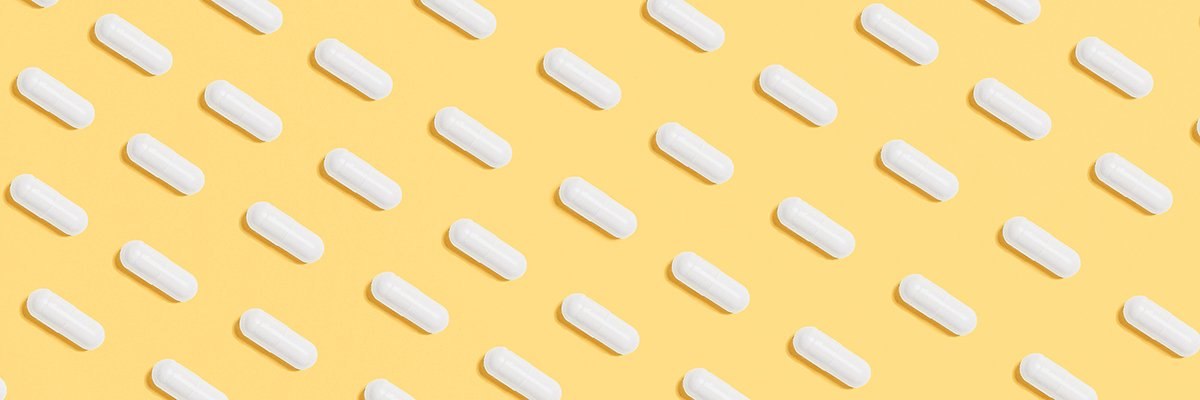Most Americans say in the latest Economist/YouGov Poll that they don’t trust the prescription drugs ivermectin and hydroxychloroquine to treat COVID-19, in line with health officials’ guidance. But of those who deem either drug to be effective, many are relying on the drugs more than on measures to prevent the spread of the virus or treat infections that are recommended by health officials, including masks, vaccines, and tests.
More than half of Americans (57%) have heard a lot or a little about ivermectin, an anti-parasite drug, being suggested as a COVID treatment—despite warnings from the Food and Drug Administration (FDA) to not use the drug for that purpose.
Even more Americans (69%) have heard a lot or a little about hydroxychloroquine, an anti-malaria drug, as a possible anti-COVID treatment. The drug’s FDA emergency use authorization for COVID granted in 2020 was revoked more than a year ago. President Donald Trump encouraged hydroxychloroquine use even after the FDA’s decision.
About one in three Americans (35%) who have heard about ivermectin or hydroxychloroquine as COVID-19 treatments believe they are effective. A far greater share of Republicans trust the drugs. About seven in 10 of Republicans (72%) who have heard of hydroxychloroquine believe it is very effective or possibly effective, compared with 19% of Democrats who have heard about the drug. More than half of Republicans who have heard a lot or a little about ivermectin say it is effective (56%), compared with 19% of Democrats. In contrast, 64% of Democrats who have heard about the drug say it is dangerous, while just 18% of Republicans do.
The people who see these drugs as effective treatments seem to regard them as replacements for other measures that are recommended by health officials. Among people who regard ivermectin or hydroxychloroquine as effective against COVID, 28% say they will not get vaccinated—seven points higher than the share of all adults. More than a third of people who believe in the effectiveness of ivermectin (35%) say they never wear a face mask when out of their home, compared to 20% of all adults.
Pfizer and Moderna have nearly identical safety reputations, even after the Pfizer vaccine recently became the first COVID vaccine to be fully approved by the FDA. More than half of Americans regard the Pfizer-BioNtech (55%) and Moderna (55%) as very or somewhat safe.
Both the Pfizer and Moderna vaccines are perceived as safe by more Americans than Johnson & Johnson’s single-dose vaccine (43%), whose use was paused by the Centers for Disease Control and Prevention for about two weeks in April, because of concerns about rare blood-clot side effects. Even those who received the J&J dose believe their vaccine was less likely to be safe than do those who received Pfizer or Moderna vaccines.
Testing, another public-health strategy to contain the pandemic, has been uneven nationwide. Nearly half of adults (46%) say they have never had a test for COVID-19, while just 12% have been tested in the last month. Most people who have gotten tested say it was free (57%) or paid for by insurance (31%).
See the toplines and crosstabs from this Economist/YouGov Poll
Methodology: The Economist survey was conducted by YouGov using a nationally representative sample of 1,500 US Adult Citizens interviewed online between August 28 - 31, 2021. This sample was weighted according to gender, age, race, and education based on the American Community Survey, conducted by the US Bureau of the Census, as well as 2016 Presidential vote, registration status, geographic region, and news interest. Respondents were selected from YouGov’s opt-in panel to be representative of all US citizens. The margin of error is approximately 3.0% for the overall sample.
Image: Getty









